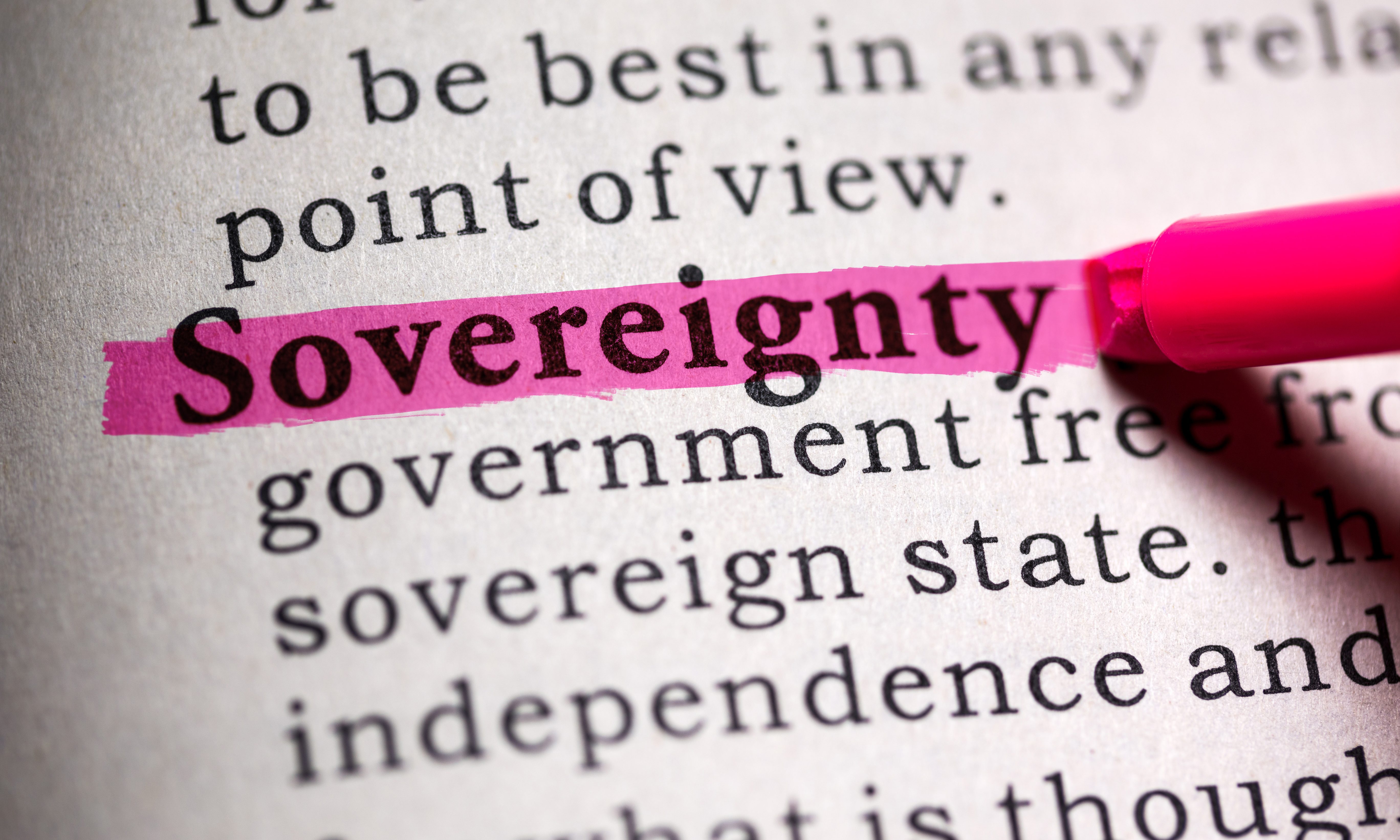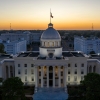According to the U.S. Department of the Interior Indian Affairs, federally recognized tribes like the Poarch Band of Creek Indians are protected against encroachment by other sovereigns, such as the states.
So, why does the Alabama State Legislature show submissiveness to the Poarch Band of Creek Indians?
For at least ten years, PCI has slowly impressed its will on state government in Alabama to bend it to the tribe’s wishes without offering any concessions to the state.
PCI pays no state taxes, gets special consideration on its use of state roads and is operating a gaming monopoly that falls outside of the legal bounds of the Indian Gaming Regulation Act (IGRA). According to IRGA, a tribe is not permitted to operate any games that are illegal in a state.
Three years ago, U.S. Attorney for the middle district, George Beck, sent a letter to then-Gov. Robert Bentley and Attorney General Luther Strange to raise serious questions about the state’s inconsistency on the legality of bingo machines.
While the letter seeks clarification on what might appear to be a complex issue, it can be distilled down to a question: How can the machines played at VictoryLand be slot machines and the ones played at facilities owned by PCI not be slots? Or even more simply put, how can one be illegal and the other not?
Beck’s question has never been answered, and PCI continues to operate its billion-dollar gaming operations.
Federal courts have held the state has no power over PCI because of its sovereignty.
The Bureau of Indian Affairs says that “federally recognized tribes possess both the right and the authority to regulate activities on their lands independently from state government control.”
States are considered sovereign entities and can engage in a government-to-government relationship with other sovereigns states, but this is not mandatory.
The State of Alabama has no government-to-government relationship with PCI; yet each year, PCI marshals its lobbyists in Montgomery, under the direction of Tribal Vice President Robbie McGee, to persuade state lawmakers to protect its gaming operation by denying the state’s citizens an opportunity to vote on a lottery, or gaming in general.
PCI rigorously pushes the State Legislature to do its bidding but would never let lawmakers come and lobby its tribal council for privileges that would benefit the state of Alabama.
Why should state lawmakers continue to protect any business that refuses to play fair?
One could even question how a sovereign nation is allowed to elect a representative to the Alabama Legislature, but they do.
The bigger question is why does the Legislature continue to bow to the Indians’ wants and needs while the tribe gives nothing in return?
Why should McGee be allowed to stand in a committee meeting at the Alabama State House and arrogantly tell state lawmakers what they should and should not do? Would lawmakers show such deference to an ambassador from Latvia, El Salvador or Mexico?
PCI has a unique dual status within the state, but they demand this special relationship while siphoning off hundreds of millions of dollars from the state without paying a dime in taxes. PCI is currently investing money earned in Alabama to support its operations in Nevada, Pennsylvania and the Caribbean.
Whenever anyone says, the tribe is a good neighbor because they give back to communities, they are simply buying into PCI’s propaganda. PCI gives trinkets to pacify cities and counties so the tribe can reap millions for themselves.
The U.S. Supreme Court in its 2009, ruling in Carcieri v. Salazar, held that the term “now under Federal jurisdiction” referred only to tribes that were federally recognized in 1934, when the Indian Recognition Act became law. The court ruled that the federal government could not take land into trust from tribes that were recognized after that time. PCI was not federally recognized until Nov. 21, 1984, some 50 years after the cutoff date.
Several bills have been introduced in Congress to offer PCI a Carcieri “Fix,” but the latest bill was rejected by Alabama’s senior U.S. Senator Richard Shelby.
This last election cycle, PCI, unlike in the past, didn’t heavily invest in political campaign. The reason the tribe is laying low is partly out of fear that President Donald J. Trump’s administration might decide to challenge PCI’s status as a federally recognized tribe. The other reason is that the tribe, under direction from McGee, has made common cause with former Gov. Bob Riley and former BCA head Billy Canary to run a candidate against Senator Shelby, should he seek re-election in 2022.
PCI is targeting the U.S. Senate in hopes of finally obtaining a Carcieri “Fix” guaranteeing its continuing status as a sovereign entity within Alabama’s borders, not bound by state law.
There is little doubt that, historically, members of the Poarch Band of Creek Indians were rudely treated, but this is an ancient grievance that PCI’s gaming profits will not satisfy.
State lawmakers must decide to do what’s right for the state and not a sovereign entity that only takes.





















































